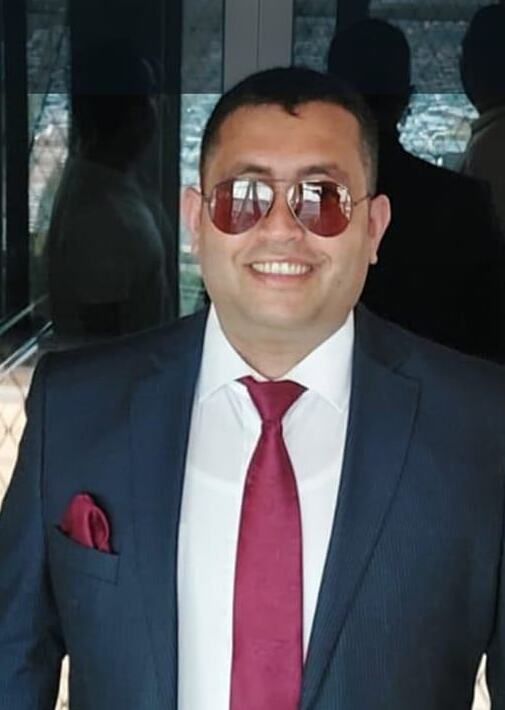The panel session titled “Geopolitical Changes and Their
Impact on Regional Sovereignty”, held as part of the VII ADA
Political Forum at Karabakh University, has concluded, bringing
together international experts and policymakers to discuss
strategic challenges and opportunities in a changing global
landscape, Azernews reports.
The session, moderated by Farid Shafiyev, Chairman of the Center
for Analysis of International Relations (CAIR), focused on the
shifting global power balance and its implications for national
sovereignty, regional stability, and responsible partnerships.
In his remarks, Shafiyev pointed out the complexities of
international diplomacy, recalling that during the occupation of
Karabakh, some politicians from the United States, Canada, and the
Czech Republic frequently advised Azerbaijan to accept the status
quo. “Despite these attitudes,” he stated, “Azerbaijan succeeded in
restoring its territorial integrity.”
Chief Advisor to the President of Türkiye, Çağrı Erhan,
emphasized Karabakh’s strategic significance, calling it a
cultural, industrial, and tourism center of Azerbaijan. “The
prolonged occupation of Karabakh was a key source of instability in
the South Caucasus,” he said. “Today, Azerbaijan stands as a
powerful state that has reclaimed its territorial integrity.”
Rachael Rudolph, a researcher at the Beijing Institute of
Technology, highlighted the central role of economic development in
sustaining peace. “Establishing trade partnerships, investment
channels, and institutional ties not only reduces foreign
dependency but also reinforces economic stability at both local and
regional levels,” she noted. “We often hear that the world is
becoming a multipolar system. In such a world, multilateralism is
vital. The more partnerships we build, the more access we gain to
diverse opportunities and resources.”
István Kiss, Executive Director of Hungary’s Danube Institute,
stressed Hungary’s longstanding friendship with Turkic nations.
“I’ve always admired the Turkic peoples. Hungary has consistently
supported them and will continue to do so. Being part of the Turkic
world is a great privilege,” he remarked.
Professor Hongsheng Sheng from China’s Shanghai University of
Political Science and Law spoke about how global events manifest
within individual nations. He emphasized China’s support for
dialogue and mutual understanding. “Economic and social development
will further promote peace and create a favorable environment for
regional stability,” he said.
The session concluded with a Q&A segment, allowing
participants to engage directly with the speakers on the pressing
issues of regional and global importance.
![Geopolitical shifts and regional sovereignty discussed at ADA political forum [PHOTOS] - Gallery Image](https://www.europesays.com/wp-content/uploads/2025/04/17441146454475211535_1200x630.jpg)
